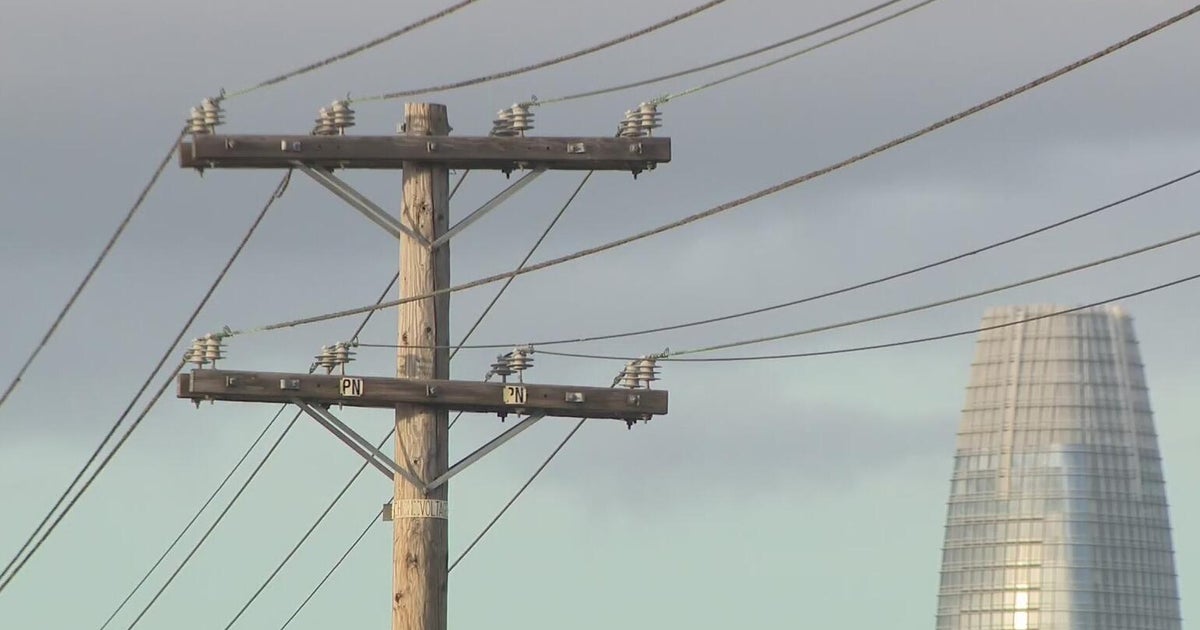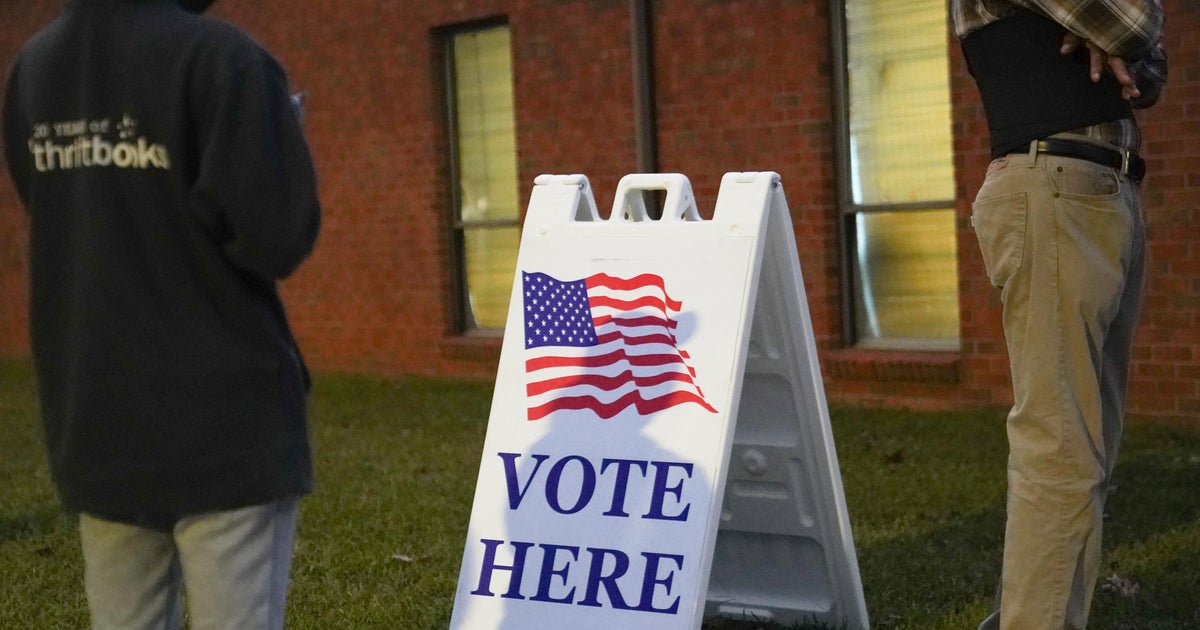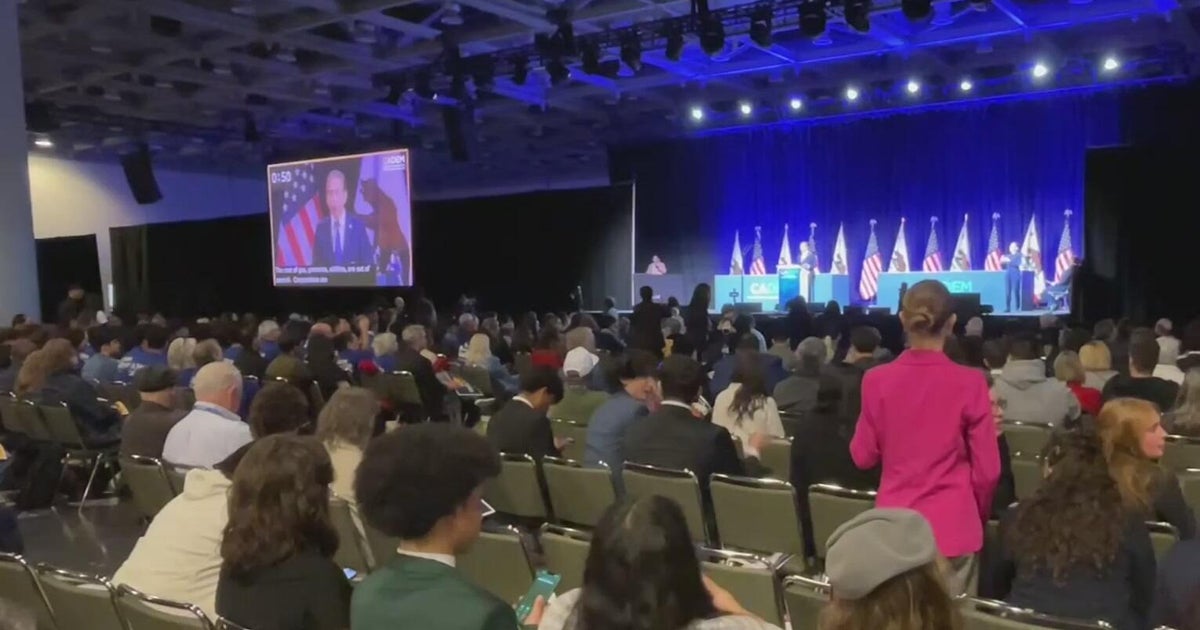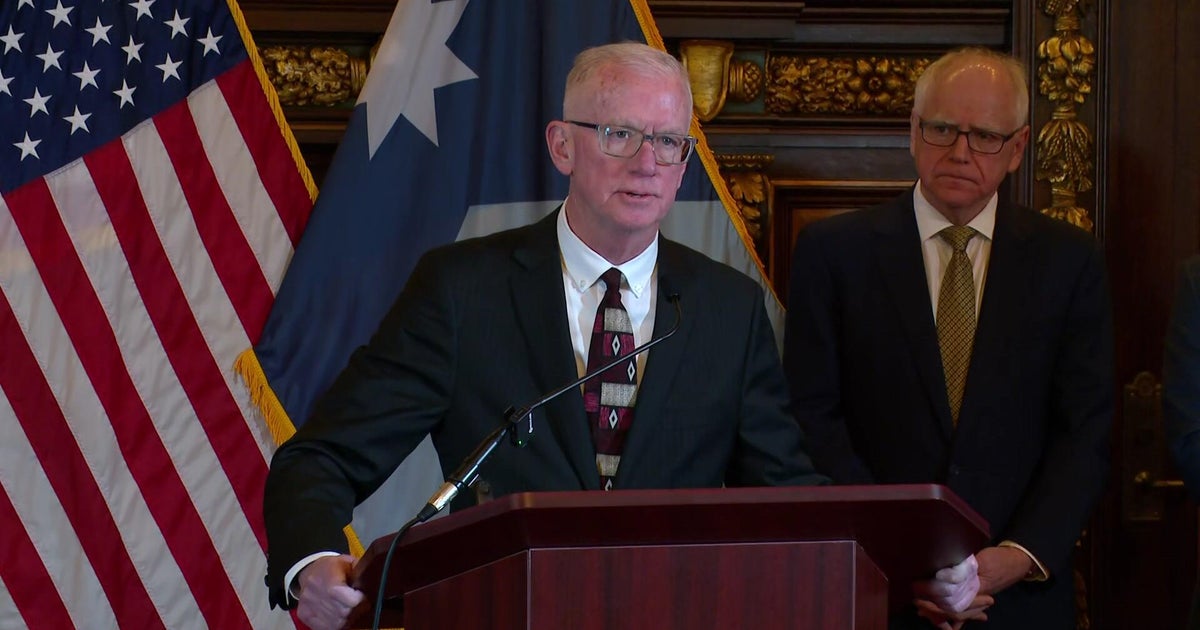California Lawmakers Overwhelmingly Pass $687 Million Drought Plan
SACRAMENTO (CBS / AP) -- California lawmakers on Thursday overwhelmingly passed a $687 million plan to provide immediate relief to drought-stricken communities, a package that includes emergency money for communities running low on drinking water and farming communities where fallowed fields are leading to sky-high unemployment.
Amid one of California's driest years on record, the Assembly and Senate voted to approve SB103 and SB104 and send the legislation to Gov. Jerry Brown. The legislative package moved quickly after it was announced last week by the governor and Democratic legislative leaders. It will take effect immediately if signed by the governor, as expected.
The plan redirects money in the state budget and draws from two bonds previously approved by voters.
It includes $472 million in accelerated grant funding for water conservation and recycling projects. Another $15 million will go to communities running low on drinking water supplies while $47 million provides food and housing assistance for people in drought-stricken communities.
"This is a lot of money that will help thousands of California families dealing with the drought," Senate President Pro Tem Darrell Steinberg, D-Sacramento, said.
The plan also increases penalties for illegally diverting water and expands the State Water Resources Control Board's authority during a state of emergency. One provision was amended Wednesday to limit the board's ability to issue fines, after Republicans raised concern about language infringing on existing water rights.
The bills passed with large bipartisan majorities, even though a handful of Republicans in each house voted against them.
Sen. Jean Fuller, R-Bakersfield, said negotiations in the last week largely satisfied the concerns of water districts and farmers in her district. She noted the high unemployment throughout the Central Valley because of the drought-related cutbacks in the agricultural industry.
"We are willing to reach out and help some of those in my area who will have 30 or 40 percent unemployment," she said.
Other spending contained in the legislation includes $77 million in bond money for flood protection, $40 million for water efficiency and water-saving irrigation projects, and $1 million for a conservation-awareness campaign.
Republicans questioned the tapping of $40 million from a fund meant for projects that will reduce greenhouse gas emissions, saying water projects are only tangentially related. Assemblywoman Nancy Skinner, D-Berkeley, countered that 20 percent of Californians' electricity consumption relates to water.
"If we reduce water use, we reduce some proportion of electricity and some proportion of methane," she said.
Assemblyman Frank Bigelow, R-O'Neals, said he supported the bills but cautioned that lawmakers have more work to do to solve the state's water shortage.
"We cannot forget this does not fix the long-term water woes," Bigelow says. "The legislation does not provide any real water."
Lawmakers are continuing to negotiate changes to an $11.1 billion water bond scheduled to go before voters in November. The Legislature originally passed the bond measure in 2009 and has delayed its appearance on the ballot several times since. It is considered too expensive and too full of pet projects.
Among the disagreements over long-term solutions is whether California needs to build more reservoirs and expand existing ones by raising the height of dams. Republicans generally want more storage while many Democrats prefer increased conservation.
California's last major reservoir was completed when the state's population was roughly half of its current 38 million people.
Sen. Mark Wyland, R-Escondido, said he would like to see Thursday's vote on the immediate relief generate momentum for the future debate about long-term solutions.
"I hope this is the beginning of dramatically increasing storage," he said.
© Copyright 2014 The Associated Press. All Rights Reserved. This material may not be published, broadcast, rewritten or redistributed.







